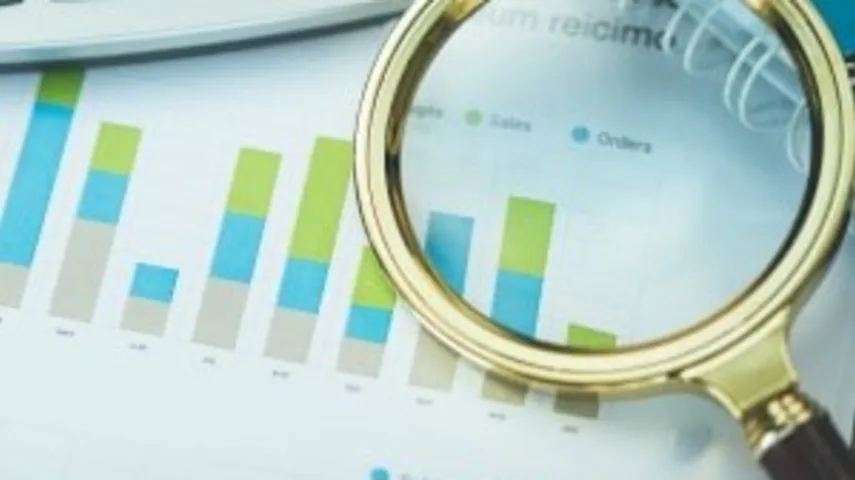Nowhere to hide for company balance sheets: Fidelity



The financial health of many companies will shock investors as the economic effects of COVID-19 will expose any underlying difficulties, according to Fidelity.
Dividends are estimated to be cut by as much as a third in 2020 with the worst-affected sectors being banks and industrials and National Australia Bank (NAB) had already announced a 64% dividend cut while ANZ had deferred a final dividend decision.
In a webcast, cross-asset specialist, Anthony Doyle said: “There are significant headwinds in the short term and fundamentals will have a dampening effect on risk assets so we will see earnings revisions, cuts to dividends, companies cancelling dividends, stopping share buybacks.
“The balance sheet strength of companies could shock the investor community and we will likely see further stockmarket falls which will be bearish for risk sentiment. We are building up our cash weighting in case of a potential decline in risk assets.”
However, he said online searches by investors looking to buy equities at rock-bottom prices were “off the chart” which was a reflection of Australia’s financial literacy.
“Searches are off the chart and many of my clients are asking when they can put money back into the market rather than selling. This speaks of the Australian financial advice model and investors’ understanding of investing in equities for a long-term time horizon,” he said.
While, he said he expected Australia to remain in a recession for the remainder of 2020, he felt the country was better placed than other regions for a recovery.
“Australia is well placed as we have got COVID-19 under control and we are aligned with Asia in terms of economic growth so we are well placed to generate higher growth. The headwind will be the restrictions on international travel as migration will fall,” Doyle said.
Fidelity was neutral on Australia, along with UK, Japan and emerging markets, as he felt the unemployment and outflows from superannuation would mean fewer flows into the stockmarket which would be a headwind for equity performance.
Recommended for you
A growing trend of factor investing in ETFs has seen the rise of smart beta or factor ETFs, but Stockspot has warned that these funds likely won’t deliver as expected and could cost investors more long-term.
ASIC has released a new regulatory guide for exchange-traded products (ETPs), including ETFs, on the back of significant growth in the market.
Assets in Macquarie Asset Management’s active ETFs have tripled to $2 billion in the last six months, helping the division deliver a net profit contribution of $1.1 billion.
With property becoming increasingly out of reach for young Australia, Vanguard has proposed a tax-incentivised scheme to help cash-heavy individuals build wealth.











